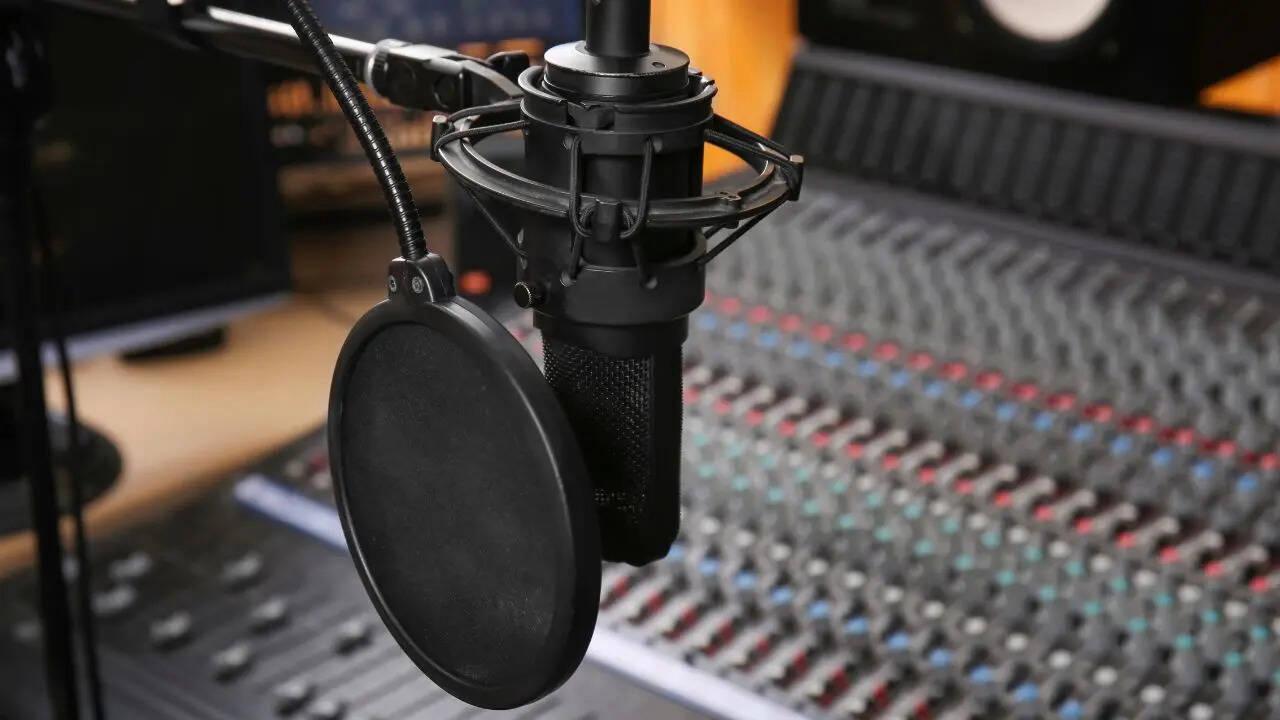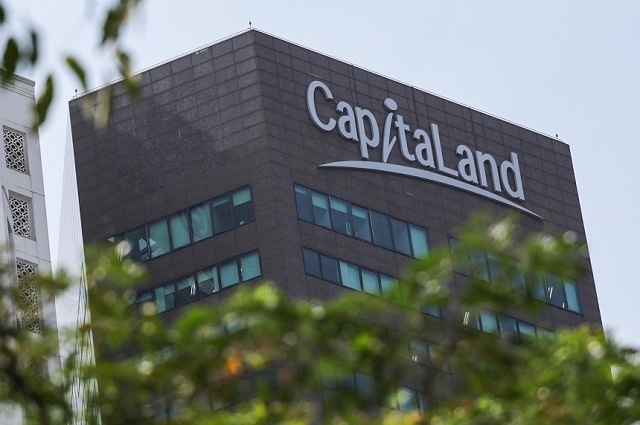 Image Source: Times Now
Image Source: Times Now
The Central Board of Secondary Education (CBSE), India’s leading school examination board, is launching its own community radio station—an ambitious initiative designed to connect millions of students, educators, and stakeholders through interactive, accessible educational broadcasting. This project, recently approved by the CBSE Governing Body, aims to bridge digital divides, enhance curriculum delivery, and foster deeper engagement across the country’s diverse regions.
Key Highlights: Initiative Scope and Approval
CBSE’s proposal for a dedicated community radio station was greenlit at the recent Governing Body meeting. The board will initiate the licensing process and organize consultative meetings over the next six months with education stakeholders and broadcasting experts.
Financial implications for launching and sustaining the station will be assessed parallel to the application process, ensuring transparency and effective resource allocation.
The new radio initiative will build upon CBSE’s existing Shiksha Vani podcast, which currently delivers timely audio content aligned with NCERT curricula for classes 9-12 and has published nearly 400 episodes, making quality learning accessible on smartphones and low-bandwidth regions.
The content framework and operational modalities of the community radio station will be finalized after securing the broadcast license, with a strong emphasis on stakeholder participation in content creation.
Community Radio in India: Role and Reach
Community radio represents the third tier of India’s broadcasting ecosystem—distinct from commercial and public service radio—focused on serving local communities with low-power transmission and hyper-local content.
As of 2025, India has 540 active community radio stations, primarily run by non-profit organizations, educational institutions, community groups, and NGOs. The government actively promotes their proliferation, especially in rural and underserved regions.
Such stations play a vital role in disseminating information on health, nutrition, education, agriculture, and social awareness, often broadcasting in local languages to connect with marginalized populations and bridge information gaps.
Potential Impact on Education and Connectivity
The CBSE community radio station is poised to greatly expand educational outreach—especially for students and teachers in remote and rural areas where internet access may be limited or unreliable.
The platform will enable curriculum-based broadcasts, exam tips, teacher training resources, updates on new education policies, and peer-driven discussion forums, supporting equitable learning opportunities nationwide.
Community radio is expected to foster an interactive exchange, giving voice to students and teachers from different regions, sharing best practices and real-life case studies, and addressing local challenges in education.
Beyond the curriculum, the station would air programs on soft skills, career guidance, mental health, inclusivity, science popularisation, and social issues, resonating strongly across CBSE’s vast and diverse network.
Implementation Timeline and Next Steps
Licensing and content planning will advance over the next six months, with regular consultation meetings scheduled to ensure that the station reflects the needs of students, educators, and community stakeholders.
The board will collaborate with technical experts, radio broadcasters, and pedagogical specialists to set up infrastructure, plan schedules, and develop participatory content formats.
Financial planning will involve assessing startup costs, ongoing operational expenses, and sustainable funding models, including possible partnerships and government support.
National Significance: Promoting Equity and Participation
The launch of a CBSE community radio station represents a broader shift towards participatory, inclusive education—transforming passive content delivery into active community engagement.
By leveraging radio’s reach, the board can support “last-mile” learners, reduce dependency on digital-only tools, and ensure that educational transformation is truly pan-Indian.
The move reflects CBSE’s commitment to innovation, accessible learning, and democratization of knowledge, setting a precedent for other academic boards and institutions to follow.
Sources: Hindustan Times, Mathrubhumi, Amk Resource Info
Advertisement
Advertisement






